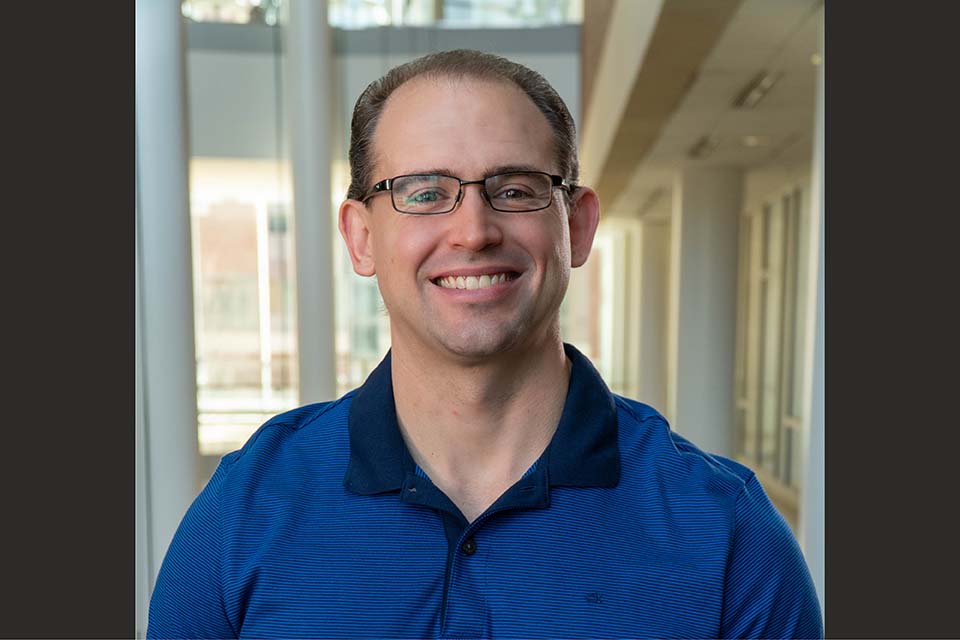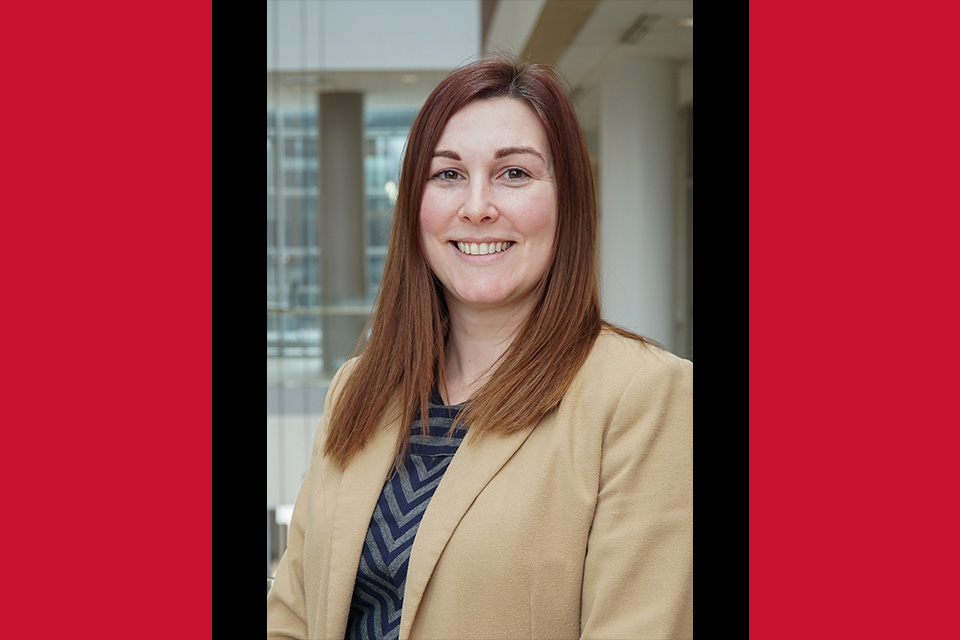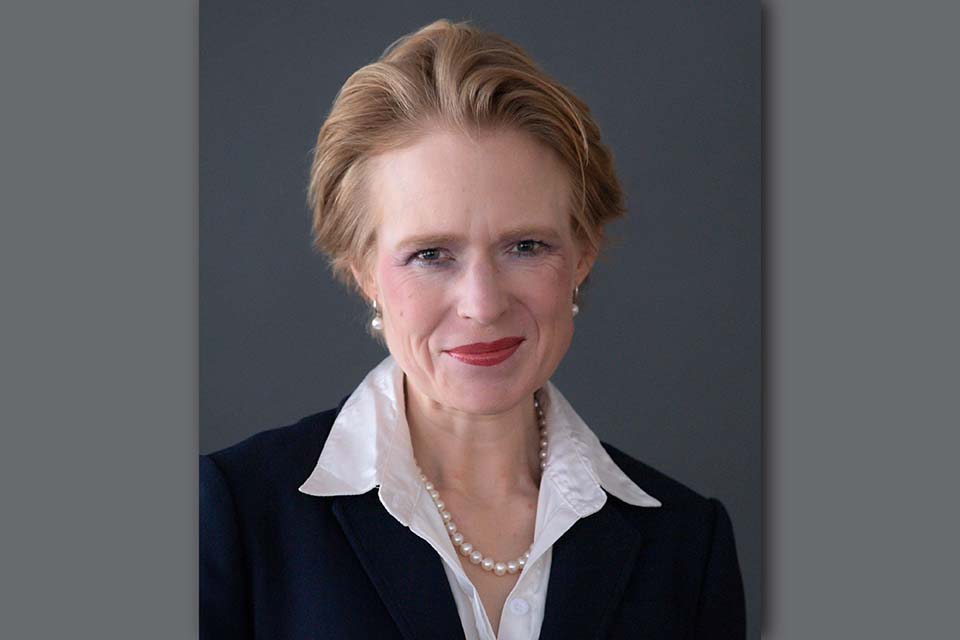MS in Medical Cannabis Program Names New Co-Director
Pharmaceutical sciences instructor promoted to interdisciplinary leadership team.

By Andrew Tie
March 28, 2022
Chad Johnson, PhD, an instructor in the Department of Pharmaceutical Sciences (PSC), has been named co-director of the University of Maryland School of Pharmacy’s Master of Science in Medical Cannabis Science and Therapeutics (MCST) program. Johnson joins Leah Sera, PharmD, MA, BCPS, associate professor of pharmacy practice and science, as co-directors of the first graduate program in the country dedicated to the study of medical cannabis.
Johnson received his PhD in PSC at the School of Pharmacy in 2019 and began teaching basic science courses in the MCST program, which was launched in fall 2019. His research involves the synthesis of novel, fast-acting antidepressants targeting the muscarinic receptors and opioid analgesics with reduced reinforcement for treatment of drug addiction.
Given its remarkable growth from an inaugural class of 150 students to now nearly 500 students and a rapidly evolving curriculum, the MCST program promoted Johnson to co-director to partner with Sera. With his basic science background, Johnson complements Sera’s pharmacy practice experience, creating a truly interdisciplinary leadership approach.
“I’m thrilled to be partnering with Dr. Johnson in our MS in Medical Cannabis Science and Therapeutics program,” Sera says. “Having been with the program as an instructor from the beginning, Dr. Johnson has a deep understanding of our curriculum, students, and vision for the future and brings an unmatched enthusiasm to our team.”
The two-year MCST program, based at the Universities at Shady Grove in Rockville, Md., is delivered primarily online with key face-to-face experiences each semester. Now in its third year, the program graduated its first cohort in 2021 and continues to grow through new courses and electives.
“Medical cannabis is a constantly evolving field, and we work hard to ensure that our students learn the most up-to-date information on the science, therapeutics, and advocacy aspects of the field,” Johnson says. “Every year, we add new instructional material or revise existing course content to reflect new information. Already we’ve seen our first group of alumni advance and push forward the field of medical cannabis in the lab and in the clinic.”
Johnson says the program attracts a diverse student population from various disciplines, including science, health professions, social sciences, and humanities, among others. The MCST program’s goal was to design the courses so that they are accessible to all.
“As medical cannabis becomes more prevalent in society, clinicians, pharmacists, dispensary workers and owners, and others will encounter the substance,” Johnson says. “It’s important we train a new generation to be knowledgeable in this area so they can have conversations with patients or refer them to resources. I am excited for this new professional opportunity and look forward to continued growth and development of our MS in Medical Cannabis Science and Therapeutics program.”
The MS in Medical Cannabis Science and Therapeutics program is currently accepting applications for Fall 2022 admissions.



